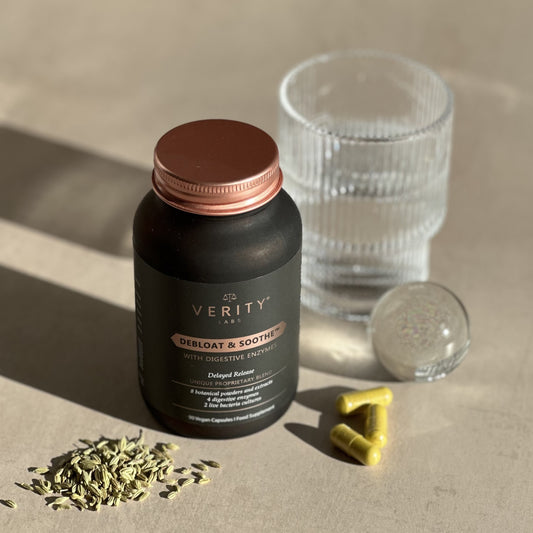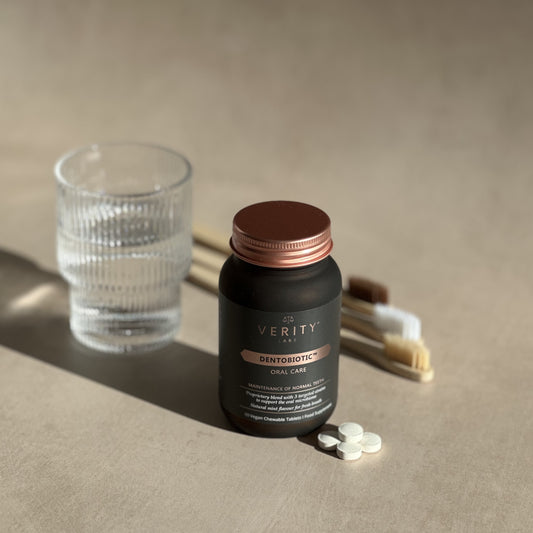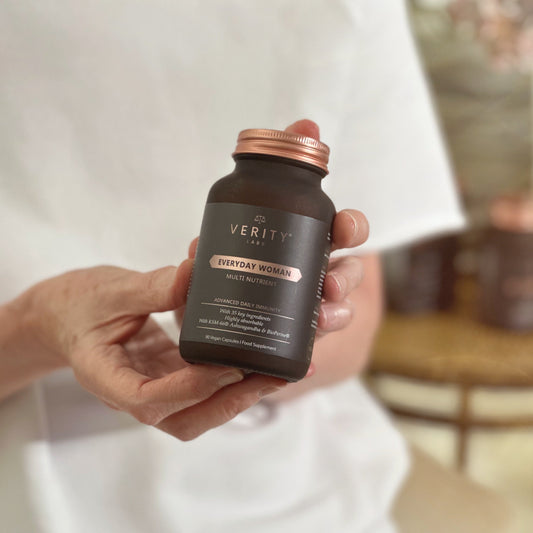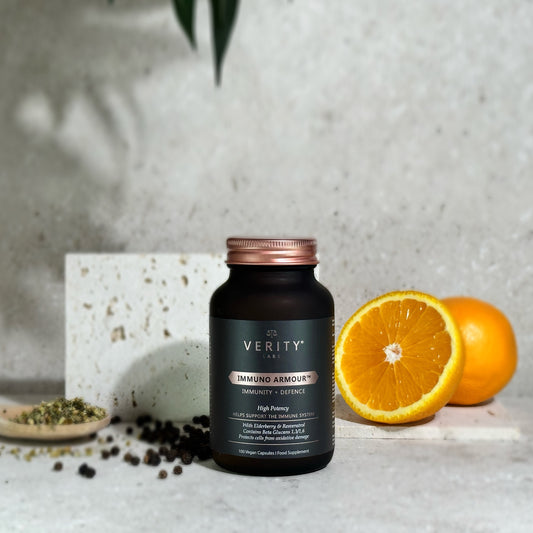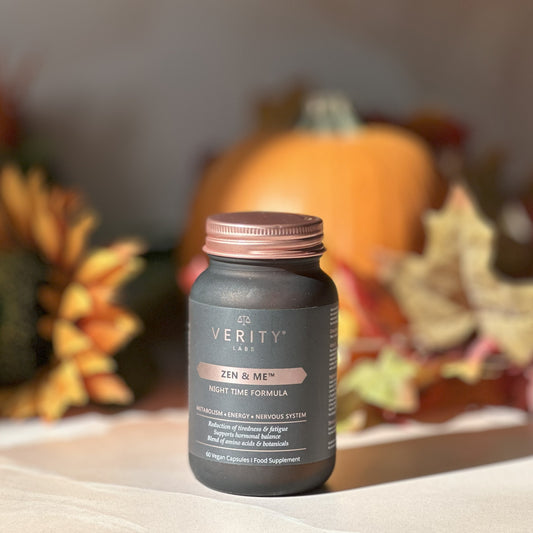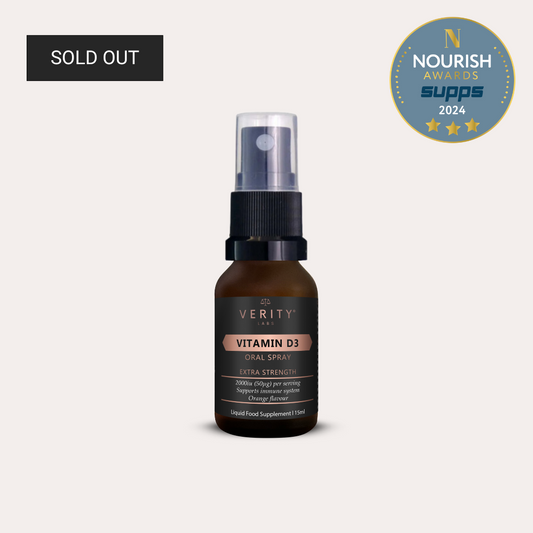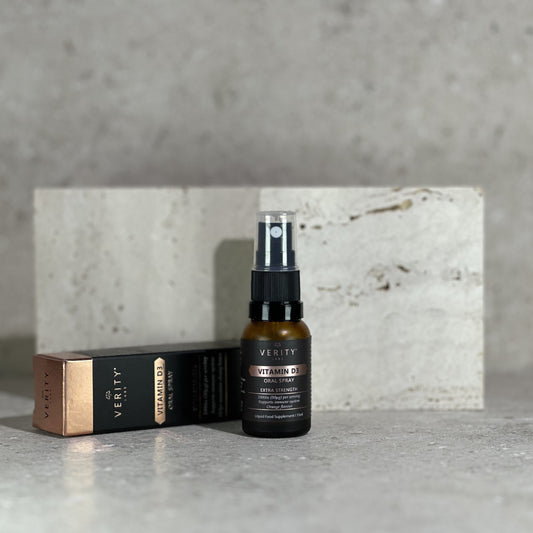In today's fast-paced world, stress and sleep disorders have become increasingly prevalent. Stress can disrupt sleep patterns, leading to insomnia and poor sleep quality, while lack of sleep can exacerbate stress levels. However, relying on synthetic melatonin as a quick fix may not be the best solution. This article explores the interconnectedness of stress and sleep and suggests natural methods for effective management.
The Stress-Sleep Connection
Stress triggers the body's stress response, releasing cortisol and other hormones that increase alertness. Chronic stress disrupts the delicate balance of the body's natural sleep-wake cycle, making it challenging to fall asleep or stay asleep. This can lead to a vicious cycle where insufficient sleep further elevates stress levels, impairs cognitive function, and reduces the body's ability to cope with stress.
Why Synthetic Melatonin May Not Be the Best Solution
While melatonin is a hormone that regulates the sleep-wake cycle, relying solely on synthetic melatonin supplements may not address the root causes of sleep disturbances. Here are a few reasons why:
- Misalignment with Natural Circadian Rhythm: Synthetic melatonin does not replicate the natural release of melatonin in response to darkness. Taking melatonin at the wrong time or in incorrect doses can disrupt the body's natural circadian rhythm.
- Dependency and Tolerance: Prolonged use of synthetic melatonin may lead to dependency and decreased effectiveness over time. The body's natural production of melatonin may also be impacted, exacerbating sleep problems.
- Underlying Issues: Stress and sleep disorders often have underlying causes that require holistic approaches for long-term management. Focusing solely on melatonin may neglect addressing these root issues.
- Individual Variability: Melatonin supplements affect individuals differently. Factors such as age, genetics, and overall health can influence the response to synthetic melatonin, making it an unreliable solution for everyone.
Natural Methods for Stress and Sleep Management
Synthetic melatonin may not be suitable for everyone due to potential side effects or concerns about long-term use. Fortunately, there are natural alternatives that can support healthy sleep patterns. Below we will explore some natural alternatives to synthetic melatonin for sleep support and stress management.
1. Establish a Consistent Sleep Routine
Maintaining a regular sleep routine is one of the most effective ways to promote healthy sleep patterns. Going to bed and waking up at the same time each day helps regulate the body's internal clock. Consistency reinforces the natural sleep-wake cycle, making it easier to fall asleep and wake up feeling refreshed.
2. Create a Sleep-Friendly Environment
Your sleep environment plays a crucial role in promoting quality sleep. Ensure your bedroom is dark, quiet, and at a comfortable temperature. Use blackout curtains, earplugs, or a white noise machine if necessary. Also, invest in a comfortable mattress and pillow that support your sleep preferences.
3. Herbal Supplements for Sleep Support
Several botanicals have been traditionally used to promote relaxation and improve sleep quality. While their effectiveness may vary from person to person, some commonly used herbs include:
- Chamomile: Chamomile tea is known for its calming properties and can help promote relaxation before bed.
- Passionflower: Passionflower is believed to have sedative effects, aiding in reducing anxiety and improving sleep.
- Lemon Balm: Lemon balm is a gentle herb that may help reduce anxiety and promote restful sleep.
- Lavender: Lavender has a soothing scent and can be used in the form of essential oil, pillow sprays, or sachets to create a calming sleep environment.
- L-Tryptophan: It is an essential amino acid that plays a crucial role in the production of serotonin, a neurotransmitter involved in regulating mood, appetite, and sleep. It is also a precursor to melatonin, a hormone that helps regulate the sleep-wake cycle.
It's important to consult with a healthcare professional or a qualified herbalist before starting any herbal supplements to ensure safety and proper dosage.
4. Herbal Supplements for Stress Support
- Ashwagandha: It is an adaptogenic herb used in traditional Ayurvedic medicine to help reduce stress and promote relaxation.
- The B-Vitamin Group are often associated with stress management and overall well-being
- Glycine: Glycine has been studied in various contexts, including sleep quality, cognitive function, and stress response.
- L-Theanine: Studies have shown that L-Theanine supplementation, an amino acid commonly found in green tea leaves, can help reduce stress, anxiety, and improve overall mood.
5. Stress Reduction Techniques
Incorporate stress reduction techniques into your daily routine, such as mindfulness meditation, deep breathing exercises, yoga, or journaling. These practices can help calm the mind, reduce stress levels, and prepare the body for restful sleep.
6. Limit Stimulants and Exposure to Blue Light
Avoid consuming caffeine, nicotine, and alcohol close to bedtime, as they can disrupt sleep patterns and hinder relaxation. Exposure to blue light from electronic devices can interfere with the body's natural sleep-wake cycle. Avoid using electronic devices, such as smartphones, tablets, or laptops, for at least an hour before bedtime. If necessary, use blue light-blocking glasses or enable the night mode feature on your devices.
7. Regular Exercise
Engaging in moderate exercise during the day can help reduce stress and promote better sleep. However, avoid exercising vigorously close to bedtime, as it may interfere with sleep.
While synthetic melatonin is commonly used as a sleep aid, natural alternatives can provide effective support for healthy sleep patterns. By incorporating a consistent sleep routine, creating a sleep-friendly environment, practicing relaxation techniques, limiting exposure to blue light, and considering herbal supplements, individuals can promote better sleep naturally. Remember, it's always beneficial to consult with a healthcare professional to determine the most appropriate approach for your specific needs.
References:




